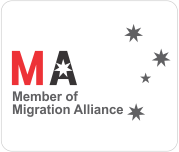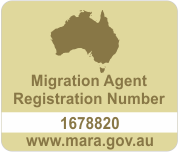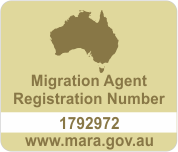Community Services courses are designed to prepare you for ethical, competent, and culturally relevant community service generalist practice and to equip you with the skills you need for life-long learning and professional development. You will work at the interface between people and their environments, focusing on experiences of individuals, families, groups and communities. Some areas of service provision may include child welfare, hospice and palliative care, juvenile justice and corrections and advocacy.
Eligibility Criteria
- Completion of Year 12 studies or equivalent
- For Diploma, IELTS 5.5 or equivalent for Diploma
- For Bachelors, international students must demonstrate that they have English language ability equivalent to overall score of 6 with no single band lower than 5.5.
- You will also need to obtain evidence of a Police Check to ensure participation in fieldwork placement.
Pathway to Australian Permanent Residency
Step: 1Achieve a qualification in social work (Bachelors /Masters) |
Step: 2Get your skill assessment from ACWA |
Step: 3Lodge your EOI once you acquire sufficient work experience and PR points |

Step: 4Get invited to apply for one of the permanent visa options |
There are varied occupations in community services that qualify for positive skill assessment. These occupations are consistently listed in MLTSSL. An assessment procedure by a relevant recognized authority is mandatory as apart of visa application for migration purpose. As per Job Outlook, a social worker earns $1,328 weekly.
Levels of courses, a student may take in the field of Community Services
- Diploma of Community Services
- Bachelors of Community Services
- Masters of Community Services
Occupations Include
- 411711 Community Worker
- 411712 Disabilities Service Officer
- 411713 Family Support Worker
- 411714 Parole or Probation Officer
- 411715 Residential Care Officer
- 411716 Youth Worker
Community Worker tasks include
- Assessing clients’ needs and planning, developing and implementing educational, training and support programs
- Interviewing clients and assessing the nature and extent of difficulties
- Monitoring and reporting on the progress of clients
- Referring clients to agencies that can provide additional help
- Assessing community needs and resources for health, welfare, housing, employment, training and other facilities and services
- Liaising with community groups, welfare agencies, government bodies and private businesses about community issues and promoting awareness of community resources and services
- Supporting families and providing education and care for children and disabled persons in adult service units, group housing and government institutions
- Supervising offenders on probation and parole
- Assisting young people to solve social, emotional and financial problems
- Preparing submissions for funding and resources, and reports to government bodies and other agencies













